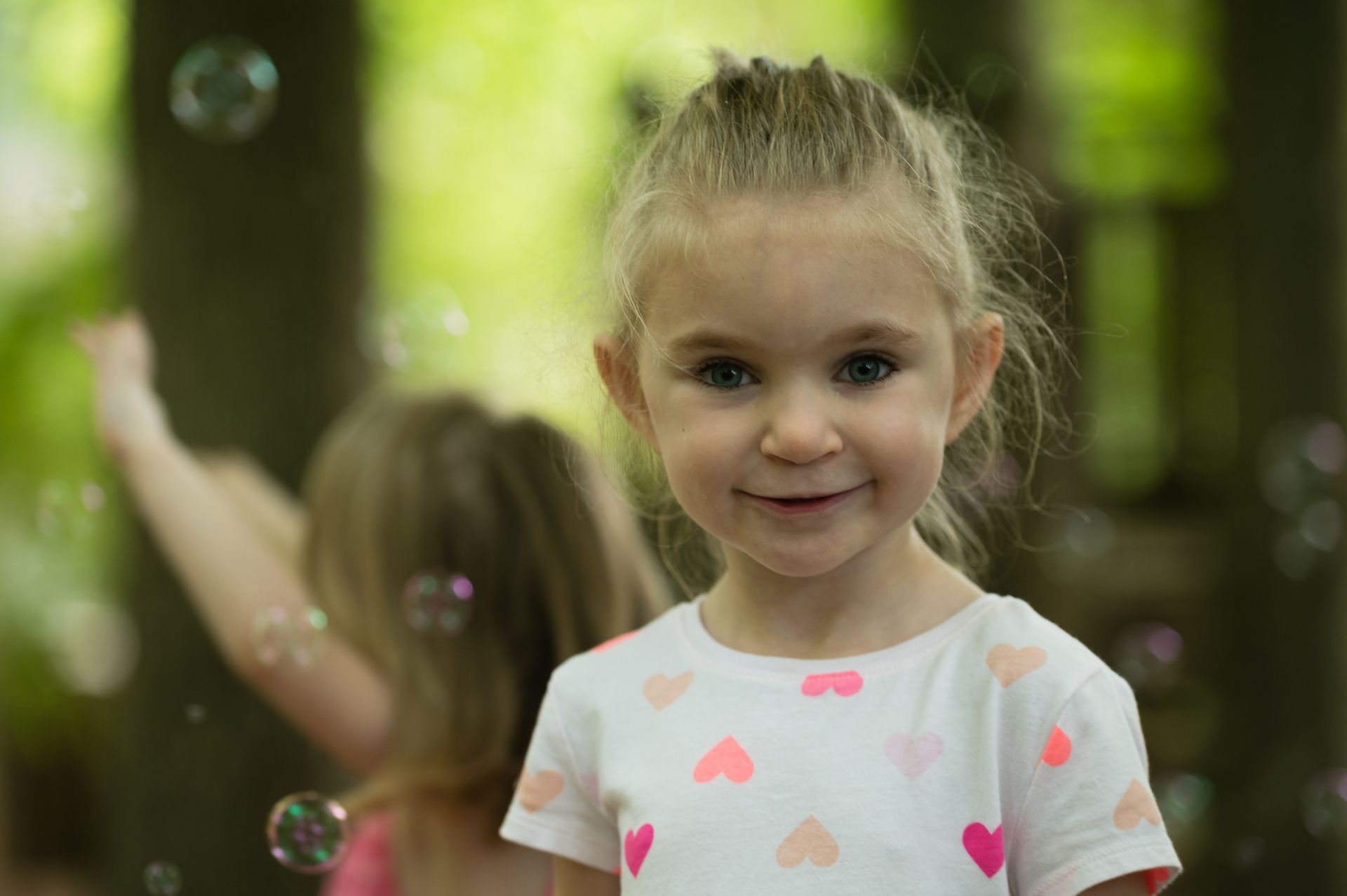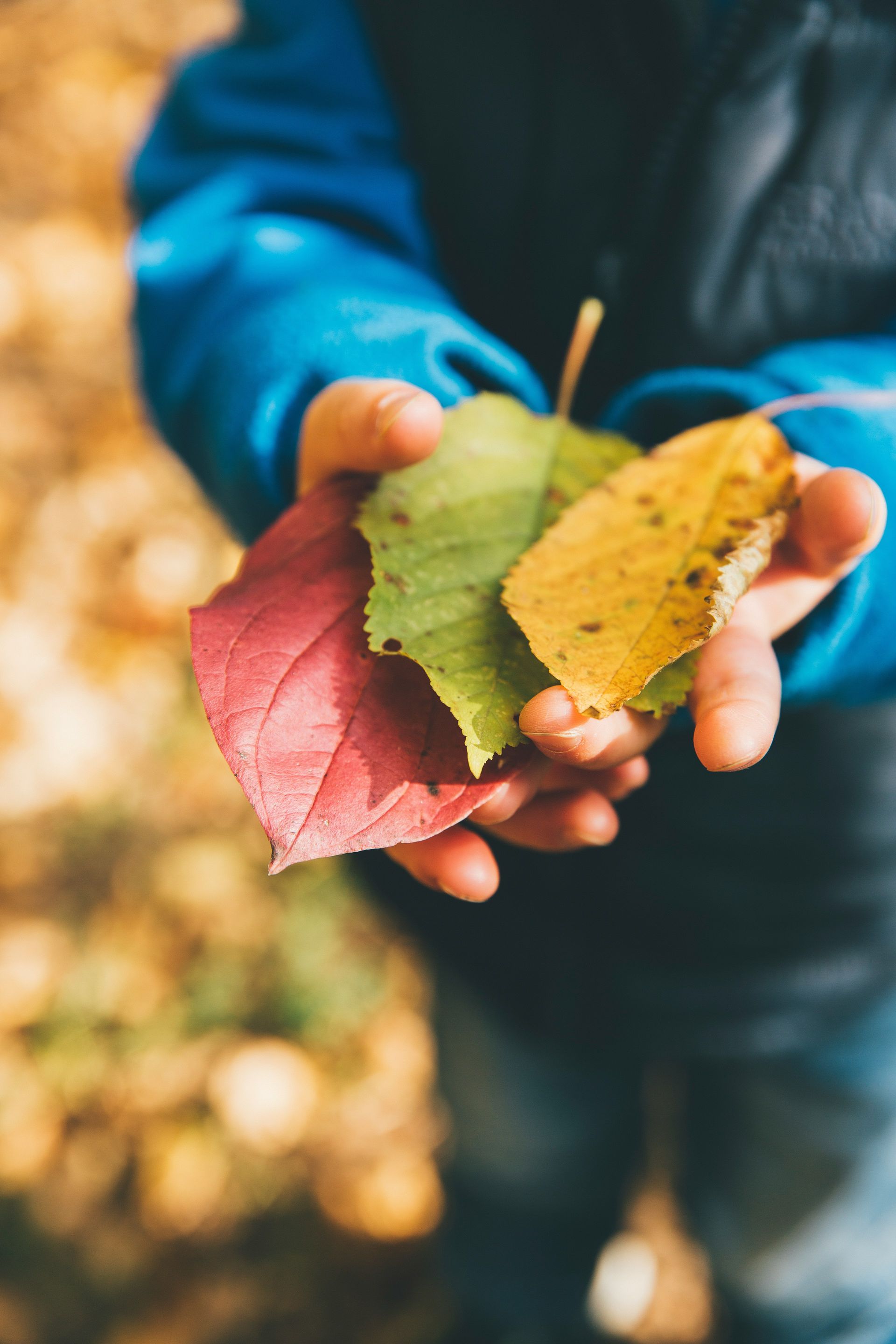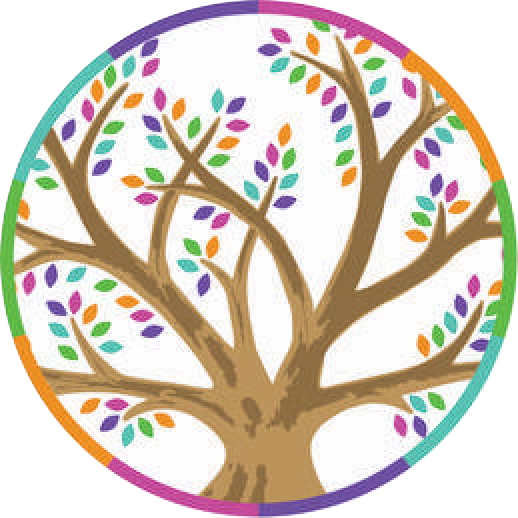*NAEYC Accredited*
Preschool & Transitional Kindergarten!
We are among 2% of NC childcare centers to earn the
distinguished NAEYC accreditation. Congratulations to our incredibly hard working staff!
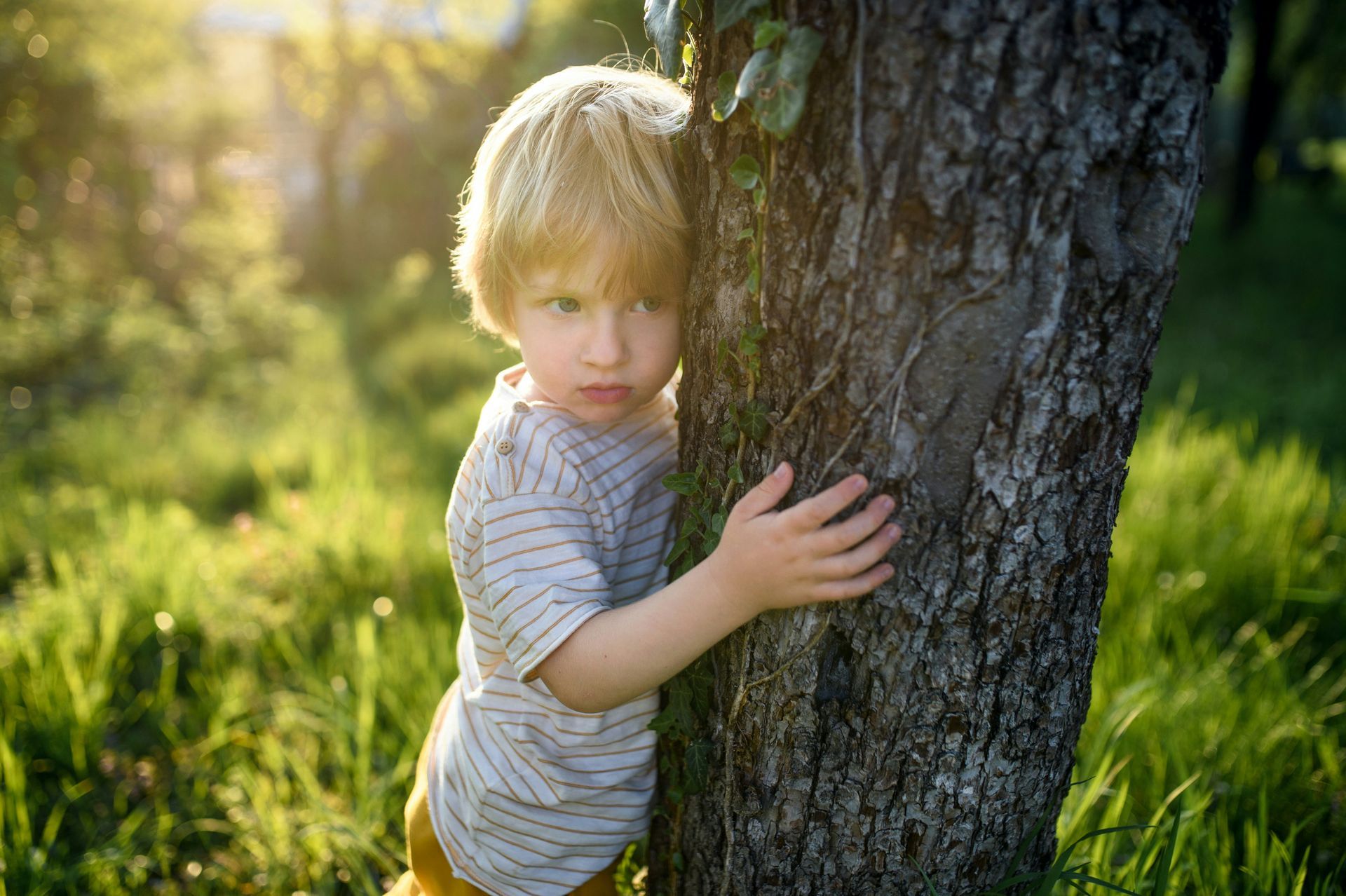
Choosing the right next step can feel confusing, especially during Wake County enrollment season . Here’s a clear, parent-friendly guide to Pre-K , Transitional Kindergarten (TK / Young 5s / Kindergarten Bridge) , and Kindergarten —and how TBOP helps families decide with confidence. Quick Definitions Pre-K (age 4): A play-based, pre-academic year focused on foundation skills (language, number sense, fine motor, social-emotional growth). Transitional Kindergarten (Young 5s / Bridge-K): A small-class, extra year for just-turned-5s who are academically capable but need more time to grow socially, emotionally, or in stamina/independence . Kindergarten (WCPSS & private): Full K standards—longer days, larger groups, increased independence, and formal assessments. Side-by-Side Snapshot Purpose Pre-K: Build readiness through play; introduce structured routines. TK / Young 5s: Bridge to K; deepen self-regulation, confidence, and stamina while continuing academics. Kindergarten: Master K standards across literacy, math, social-emotional, science, and specials. Ideal for Pre-K: 4-year-olds ready for a structured, playful classroom. TK / Young 5s: Late-summer birthdays; shy/slow-to-warm kids; “almost ready” learners; families with an inkling that “one more year” would help. Kindergarten: Children ready for a longer day, larger peer groups, and higher independence. Class size & support Pre-K @ TBOP: Small classes, two teachers, Conscious Discipline . TK @ TBOP: Very small classes , two teachers, extra coaching on executive function (attention, flexibility, persistence). Kindergarten: Varies by school; typically larger classes and higher student-to-teacher ratios. iteracy & math Pre-K @ TBOP: Phonemic awareness, print concepts, early number sense through play. TK @ TBOP: Letterland (same phonics used by Wake County Public Schools ), emergent writing, number composition, patterning, simple graphing—still play-based. Kindergarten: Full WCPSS standards and formal assessments. Independence & SEL Pre-K: Routines, sharing, following directions, feelings language. TK: Big growth in self-advocacy, conflict resolution, classroom jobs, stamina (end-of-day regulation). Kindergarten: Higher expectations for self-management, collaboration, and problem-solving. How TK Differs from Pre-K (and Why It Works) Same academics, deeper mastery: Kids practice Letterland and math in richer, longer projects. Extra time for the whole child: Confidence, voice, leadership opportunities. Stamina builder: A gentler on-ramp to the length and pace of K. Right-sized support: Small class sizes mean more coaching, feedback, and wins. FAQs Parents Ask “My child is academically ready. Why consider TK?” Readiness is also emotional stamina, independence, and confidence in groups . TK strengthens those so academics stick. “Will they be the oldest later?” Often a strength —older students tend to enter K more confident, regulated, and ready to lead. “Will they be bored?” We differentiate . Children stretch academically while building executive function, language, and social skills. “Is TK the same as private kindergarten?” No. TK is a bridge year before kindergarten; the emphasis is readiness + growth with continued academics. Why TBOP for TK / Young 5s NAEYC-accredited , play-based program with small classes and two teachers. Letterland literacy (continuity with WCPSS ). Conscious Discipline for self-regulation and social problem-solving. A warm, inclusive community that partners closely with families. Next Steps (During Wake County Enrollment Season) Not sure? Book a 10-minute readiness chat with our director. See it in action: Schedule a TK classroom tour . Giving a child the gift of time is a decision families tell us they “never regret.”
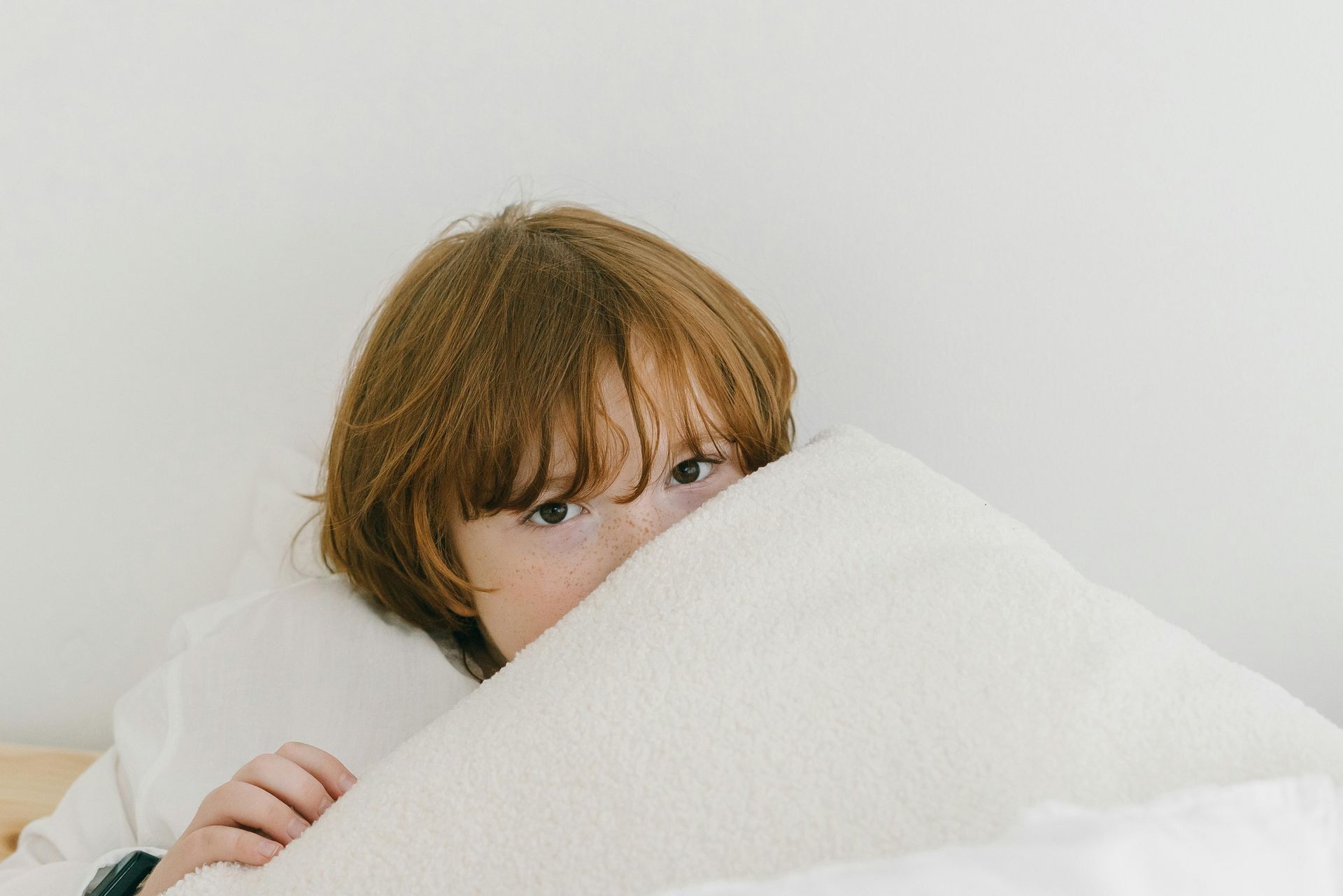
If your child has a late-summer birthday—and you’re wondering whether they’re emotionally ready for kindergarten —you’re not alone. We hear from many TBOP families whose children are academically ready but shy, slow-to-warm, or still building confidence in groups. Again and again, those families tell us: “Choosing a Young-5s/Transitional Kindergarten year was the best decision we ever made .” And our teachers echo it “If you have even an inkling that a bridge year could help, you will never regret giving your child the gift of time .” What “ready” really means Kindergarten readiness isn’t just letters and numbers. It’s also: Emotional stamina (long mornings, lots of transitions) Confidence in groups (raising a hand, joining play) Self-regulation (recovering from big feelings) Independence (managing a backpack, bathroom, routines) Many late-summer birthdays—especially shy or slow-to-warm kids—benefit from one more year to strengthen these skills. What a Bridge Year looks like at TBOP Our Young-5s / Transitional Kindergarten (TK) class is a small, nurturing “Kindergarten Bridge” designed for children who can do the work, but would thrive with extra time to grow. Small classes, low ratios → more coaching, more confidence Letterland literacy (the same phonics program used in Wake County) Play-based math & science woven into centers and projects Conscious Discipline for self-regulation, friendships, and problem-solving Leadership moments (class jobs, buddy work, show-and-tell) that help shy kids practice using their voice Kids leave TK excited for kindergarten—academically ready and emotionally steady. “But will they be the oldest?” (Common questions, answered) Will my child be “too old” later on? Being an older, more confident leader is typically a strength , not a drawback. Teachers often report smoother transitions, better self-advocacy, and fewer school-day tears. Will they be bored academically? Not with us. We differentiate—children stretch at their level while building endurance, attention, and peer skills that make learning stick. Will this delay friendships? Usually the opposite. With time to grow, shy kids tend to join play sooner , use words to solve problems, and make deeper friendships. 6 gentle signs a Bridge Year may help Your child is shy/slow-to-warm and needs time before joining groups. Afternoons often bring big feelings or extra fatigue. New environments feel overwhelming at first. They’re academically solid , but avoid speaking up. Fine-motor stamina (writing, cutting) is still developing . Your gut says “almost ready… but not quite.” If a few of these sound familiar, that little nudge you feel is worth listening to. Parent voices we hear every year “He could read, but he hid in groups. Now he volunteers.” “She used to say, ‘I can’t.’ Now we hear, ‘ I can try .’” “Mornings went from tears to happily running into class.” The gift of time A Young-5s year isn’t “waiting.” It’s building —confidence, language for feelings, friendships, and the stamina school requires. For many late-summer birthdays and shy kids, it’s the difference between surviving kindergarten and loving it. Next steps Talk with us: Schedule a quick readiness chat. See it in action: Tour our TK/Young-5s classroom. Not sure yet? Download our 2-minute Kindergarten Readiness Checklist. Temple Beth Or Preschool’s Young-5s / Transitional Kindergarten : small classes, Letterland like WCPSS, and a year devoted to growing brave, kind, confident learners. Have a question about your late-summer birthday kiddo? We’re happy to be a thinking partner.
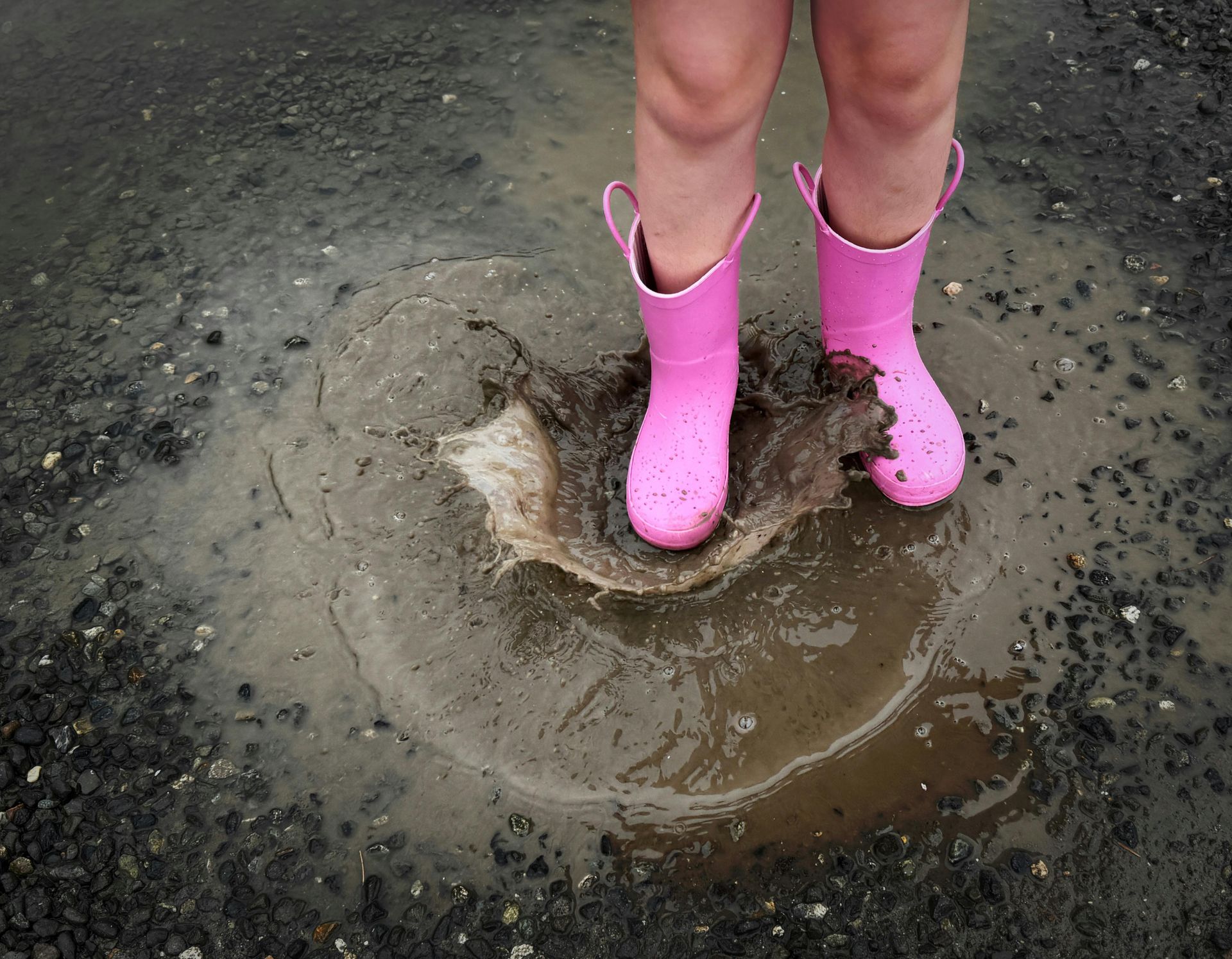
When kids are revved up, “Stop!” often lands like a grenade—big emotion, little learning. In Conscious Discipline, we try to name what to do , not just what not to do. Clear, doable language helps children regulate, succeed, and feel safe. Why “stop” backfires It’s vague (what should I do instead?). It can escalate power struggles. Dysregulated brains need specific, simple directions . Try this 3-step shift Notice : “You’re running inside.” Name the need/boundary : “This room is for walking.” Give the do : “ Use walking feet. ” Quick swaps for everyday moments Running indoors “ Pause. Check your body. Walking feet inside. ” “ Freeze. Let’s try slow feet to the cubbies.” Grabbing toys “ Hands waiting. Ask, ‘Can I have a turn when you’re done?’” “ Gentle hands. You may hold this one; that one is Sam’s.” Hitting/rough play “ I won’t let you hit. Your hands can squeeze this pillow .” “ Safe body. Keep your hands on your own body.” Shouting “ Voices off. Now quiet voice so I can hear you.” “ Pause and breathe. Let’s try talking voice .” Throwing blocks/toys “Blocks are for building . Balls are for throwing—want one?” “ Put it gently on the mat like this.” Water/sand everywhere “Water stays in the sink . You can splash in the tub at home .” “ Scoop and pour inside the bin.” Interrupting “ Hold your thought. Put your hand on my arm; I’ll look at you when I’m ready.” “ Wait cue. When the timer beeps, it’s your turn to talk.” Transitions “ Two more minutes . Then shoes on .” “ First clean up, then playground.” Power words to post at home/school Pause, Freeze, Gentle hands, Walking feet, Voices off, Safe body, Hands waiting, Try again, Let’s switch, First–Then, Your turn is next When “stop” is right For immediate safety, be direct and firm: “ Stop. Car is coming.” Follow with the do : “ Hold my hand. ” Keep it teachable Breathe first. Your calm regulates their storm. Model the action (“I’ll show you walking feet”). Offer a choice (“Crayons or markers?”). Practice when calm —play “Freeze/Go,” set up role-plays, use visuals. Tiny scripts you can pocket “Pause. Look at my eyes. Walk.” “ I won’t let you… You may …” “ Use your words: ‘My turn when you’re done.’” “ Try again… slowly. ” “ First coat, then outside.” Bottom line: Swap “stop” for clear, doable directions . The more we say what to do, the faster kids learn the skill—and the calmer everyone feels.
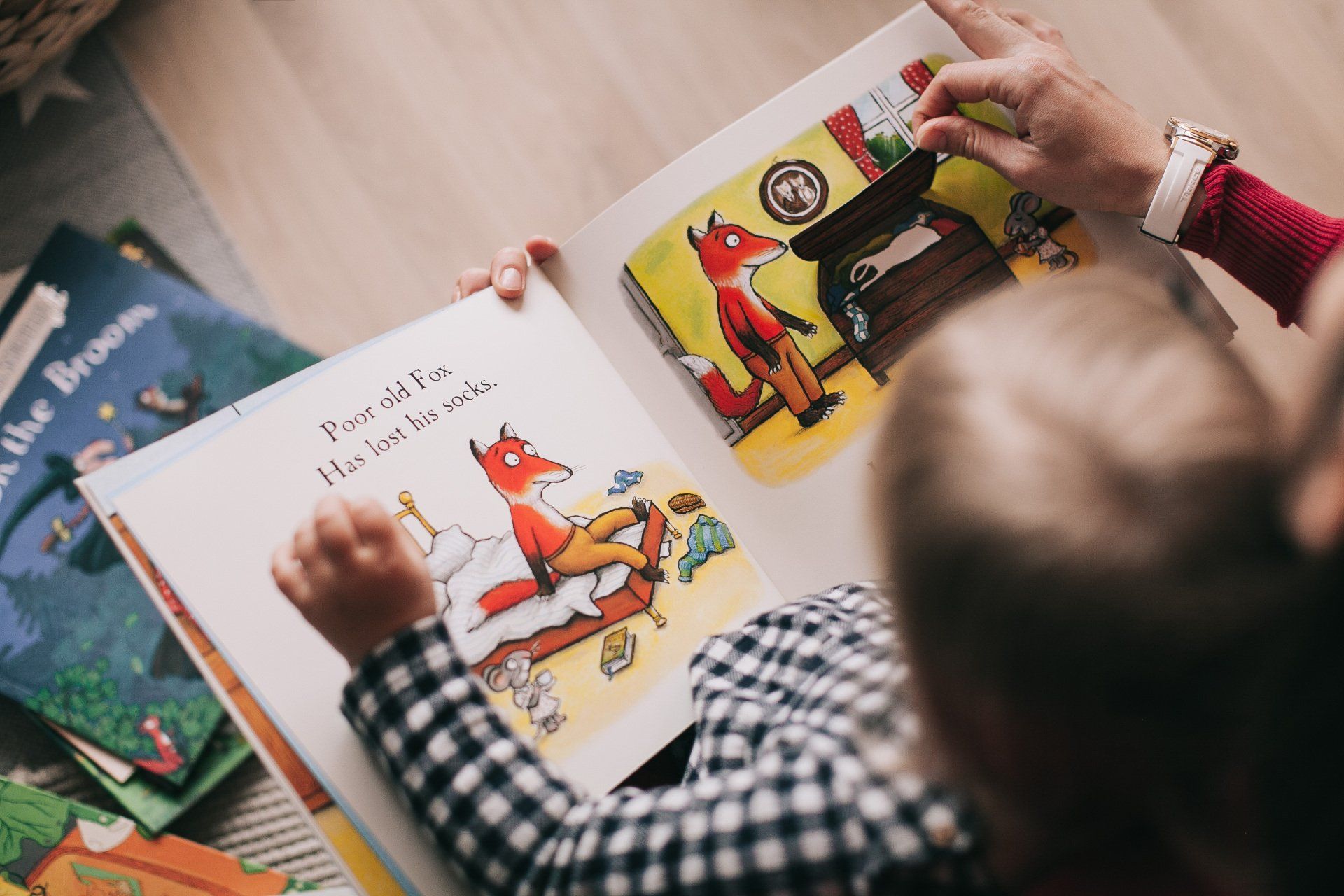
One of the biggest questions parents ask us is: “Will my child be ready for kindergarten?” At Temple Beth Or Preschool, the answer is a confident yes. Not only do we nurture confidence, empathy, and curiosity—we also intentionally align our curriculum and classroom experiences with what children will encounter in Wake County Public Schools (WCPSS) . If you’re wondering what kindergarten readiness really looks like in our area, or how TBOP supports that transition, here’s everything you need to know. What Does Wake County Kindergarten Look Like? WCPSS follows the North Carolina Foundations for Early Learning and Development and uses Letterland for literacy instruction. Kindergarten is built around a balance of early academics, independence, and social-emotional development. Here’s a quick look at some of the expectations: Literacy Recognizing and naming all letters (uppercase and lowercase) Identifying letter sounds (phonemic awareness) Understanding print concepts (left to right, top to bottom) Beginning to write letters and simple words Math Counting and recognizing numbers (1–20 and beyond) Comparing quantities (more/less, same/different) Recognizing basic shapes Understanding patterns and measurement Social-Emotional Development Managing emotions and using words to express needs Taking turns and sharing Following multi-step directions Working independently and with a group Self-Help & Independence Unpacking their backpack and managing belongings Using the bathroom independently Asking for help appropriately Navigating the school day with confidence How TBOP Gets Your Child There We intentionally structure our 4s and Transitional Kindergarten programs to prepare children for all aspects of the kindergarten experience—not just the academics. We Use Letterland—Just Like WCPSS At TBOP, we use Letterland , the same phonics-based literacy program your child will see again in Wake County elementary classrooms. Through Letterland Labs, we introduce: Letter sounds and characters Rhyming, syllables, and simple word building Pre-writing and writing with engaging, hands-on tools This familiarity builds confidence and eases the transition into “big kid” school. We Build Math Foundations Through Play Our math curriculum is woven into everyday activities. Children count during songs, measure ingredients while cooking, sort objects by color and size, graph their favorite fruits, and build patterns with blocks. These early math skills are fun, meaningful, and developmentally appropriate. We Focus on Emotional Readiness Through the Conscious Discipline model, we help children learn to: Identify and regulate their emotions Solve problems with words Build empathy and kindness Feel secure in a group setting Our classrooms are built around relationships, routines, and reflection—which makes for confident, resilient learners. We Build Independence (Gently) We create opportunities every day for children to practice age-appropriate independence: Taking on classroom jobs Managing transitions Cleaning up materials Packing their backpacks Asking questions and advocating for themselves These small moments prepare children for the self-management skills they’ll need in kindergarten and beyond. We Don’t Rush Childhood—We Prepare It with Purpose We know that school readiness is about more than knowing letters and numbers—it’s about being emotionally ready to learn, socially ready to connect, and confident enough to try. By combining a play-based curriculum with Wake County-aligned instruction , TBOP gives children the best of both worlds: a joyful, loving early childhood experience that also lays the foundation for academic success. Not sure what “kindergarten readiness” really means? Start with our post: Kindergarten Readiness—What It Means (and Doesn’t Mean)

